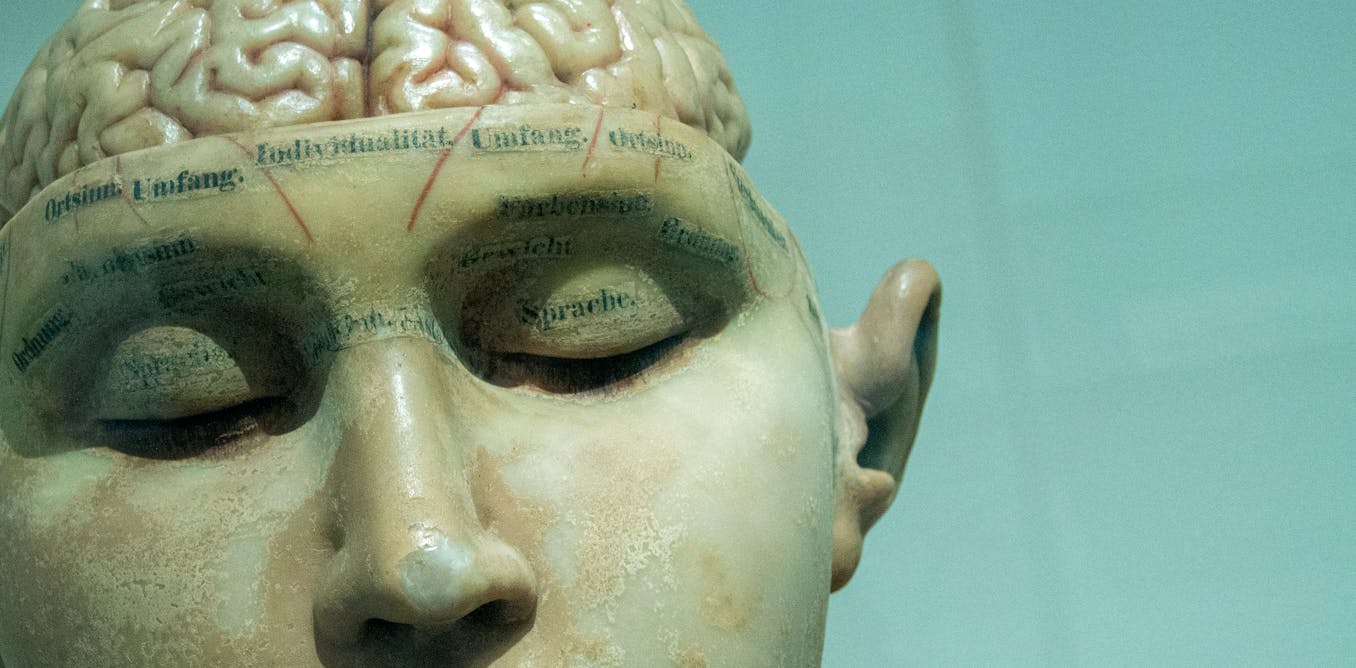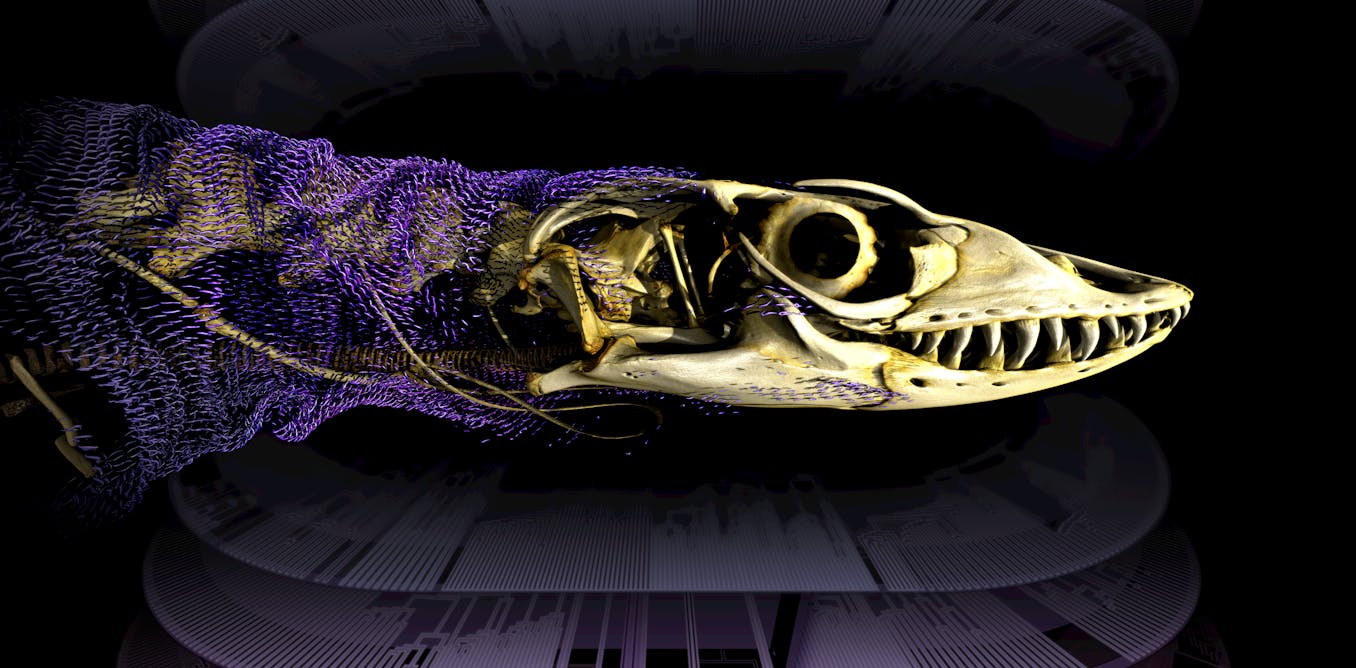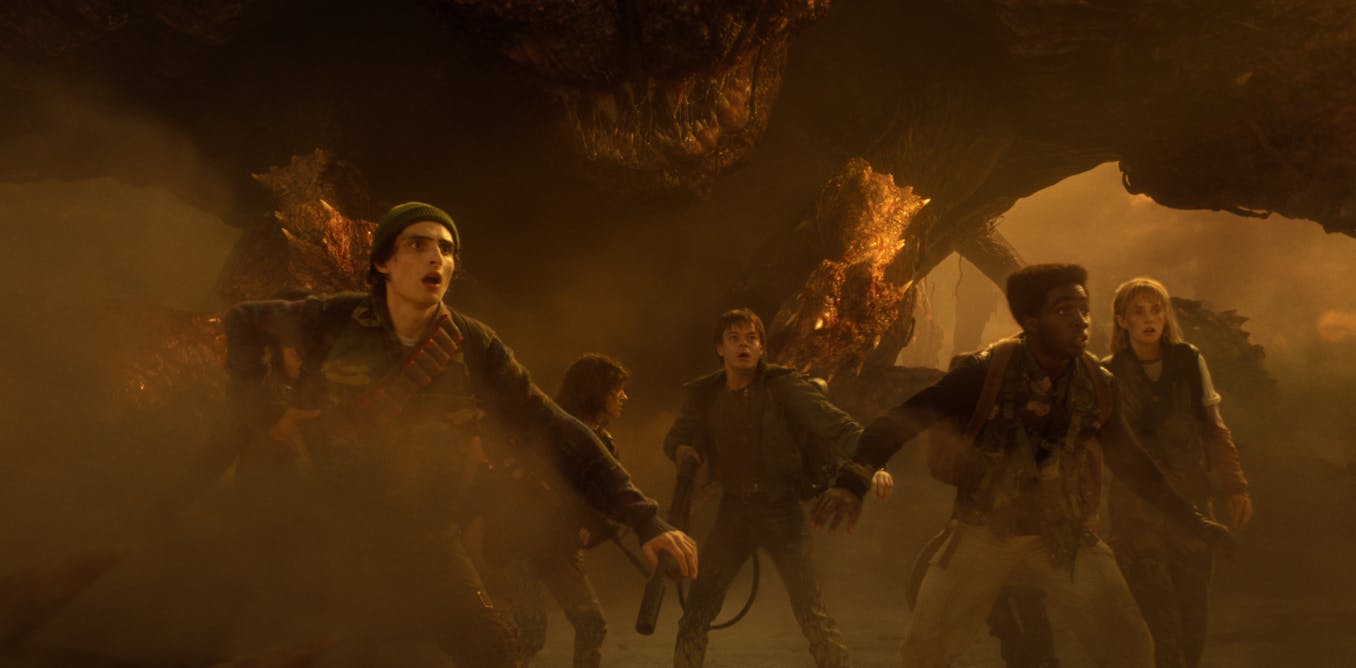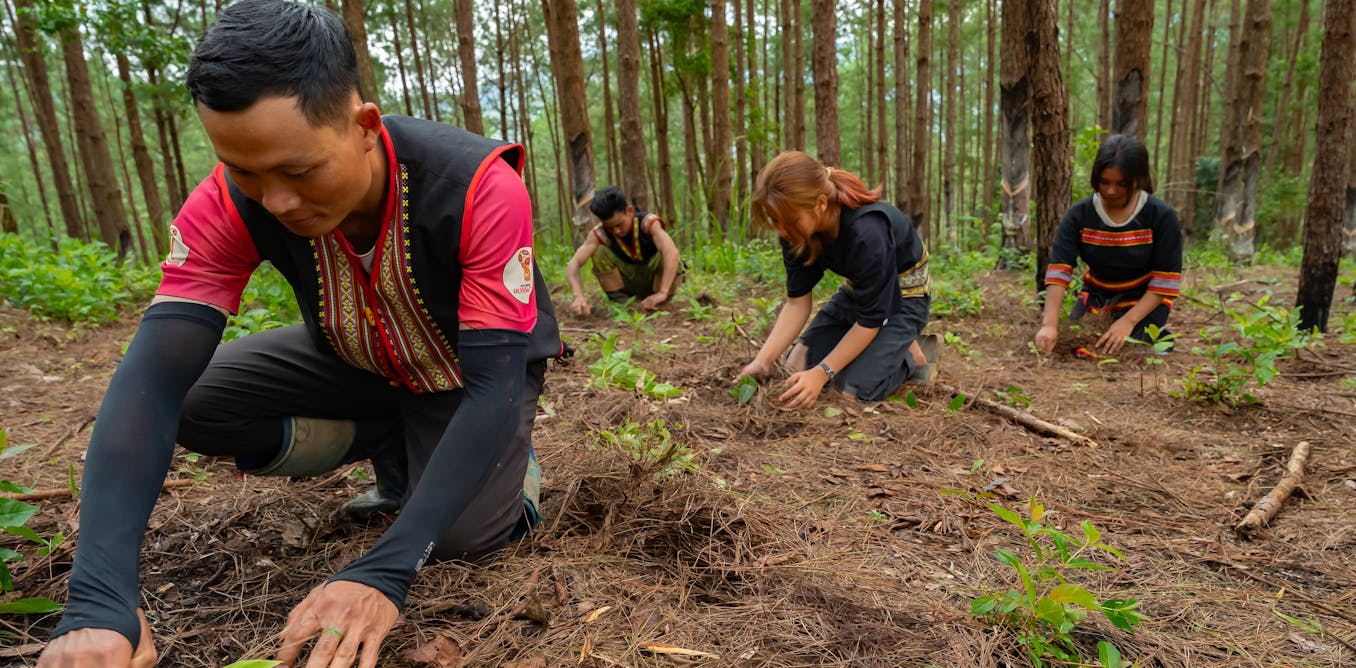We’ve all experienced it: you’re in the middle of a conversation, searching for a word, a name, or a title, and… nothing. You know you know it–you can almost feel it–but it just won’t come. This phenomenon, known as having a word “on the tip of the tongue,” is both fascinating and frustrating. But what exactly is happening in the brain during these moments? Scientists have explored this question, uncovering some intriguing insights.
When a word is “on the tip of the tongue,” multiple regions of the brain spring into action, working to locate the missing term. Imagine a group of people frantically searching a library for a specific book. Similarly, the brain mobilizes specific areas to assist in this search. Three regions, in particular, play key roles: the anterior cingulate cortex, the prefrontal cortex and the insula.
The anterior cingulate cortex and the prefrontal cortex are part of a network responsible for cognitive control and perform complementary roles when a word is elusive. The anterior cingulate cortex acts like a supervisor, signaling that there’s a conflict: “I know this word, but I can’t retrieve it!” Meanwhile, the prefrontal cortex evaluates and verifies the information that surfaces during the search, ensuring that what is retrieved matches what you’re looking for. The insula, a deeper and less visible brain region, contributes to phonological retrieval–helping access the sounds that make up words.
Using tools like functional magnetic resonance imaging (fMRI), researchers have observed how these brain areas work together during such moments. It’s as if these regions collaborate like colleagues tackling a tough problem, pooling their efforts to find the missing word.
Interestingly, this frustrating experience becomes more frequent as we age. Studies show that parts of the brain involved in word retrieval–particularly the anterior cingulate cortex and the insula–tend to atrophy over time. This means they lose some efficiency, like a once-pristine library becoming disorganised, with misplaced books and poorly labelled shelves. As a result, retrieving a “book” or, in this case, a word, becomes more challenging.
For example, research has shown that in older adults, the insula is less active during word retrieval attempts. This diminished activity impairs the ability to assemble the phonological elements of words, making “tip-of-the-tongue” moments more common. The more affected the insula becomes with age, the harder it is to recover words that are otherwise familiar.
Despite its increased frequency with ageing, the “tip-of-the-tongue” phenomenon is entirely normal. It highlights the complexity of the brain, showing that even seemingly simple tasks–such as finding a word–rely on the coordinated action of many regions.
Moreover, there are ways to mitigate the effects of ageing on word retrieval. One strategy involves building what scientists call cognitive reserve–a protective factor bolstered by intellectual, physical and social activities. This reserve helps optimise brain health and cognitive ageing, making word-finding easier even as we grow older.
The next time a word is on the tip of your tongue, remember that your brain is hard at work trying to retrieve it. Partial information–such as certain sounds or related words–might surface first, encouraging you to keep searching. If the word doesn’t come to you right away, take a break and try again later with a clear mind. These moments are a testament to the brain’s complexity and remarkable efficiency.

The post “What happens in the brain when there’s a word ‘on the tip of the tongue’?” by Frédéric Bernard, Maître de conférences en neuropsychologie, Université de Strasbourg was published on 02/13/2025 by theconversation.com






































Leave a Reply